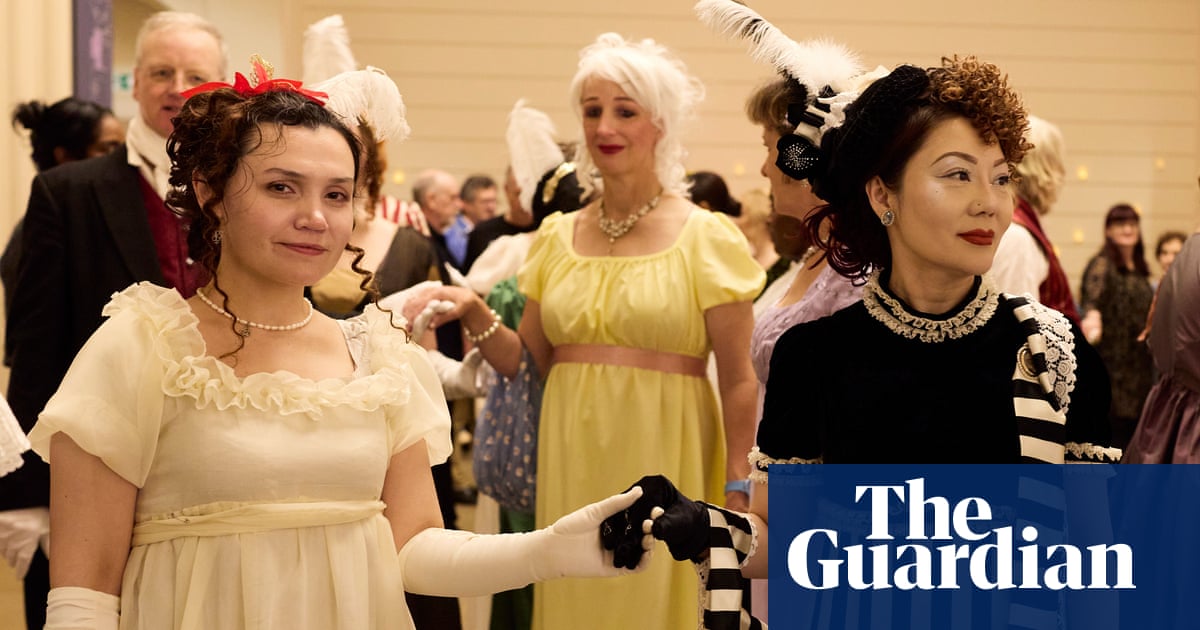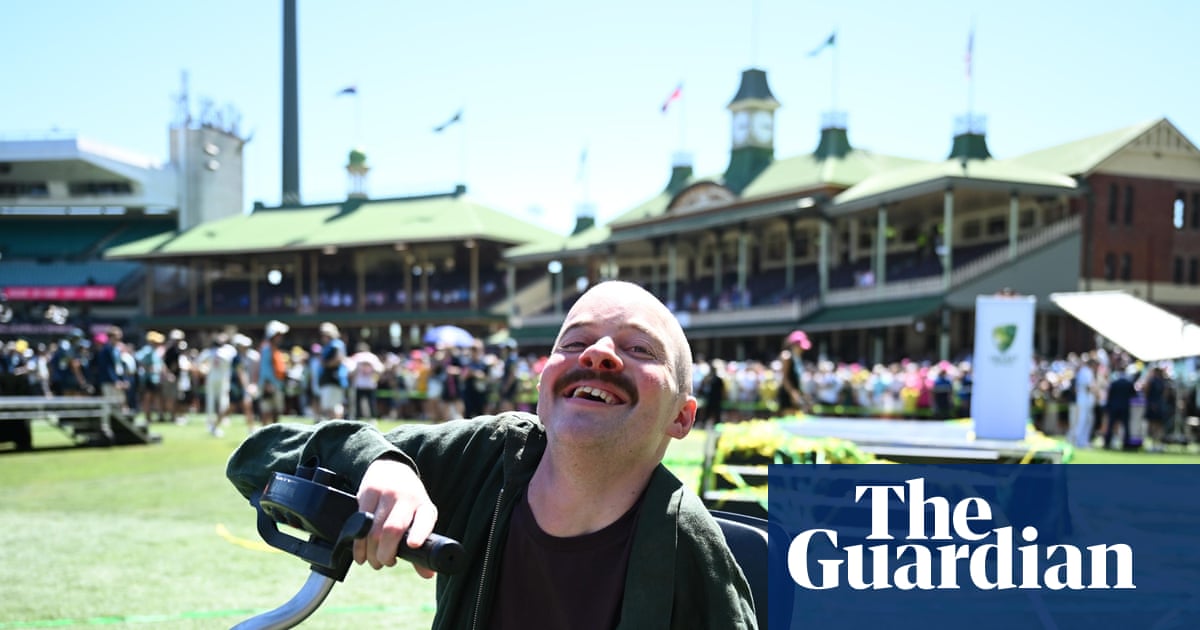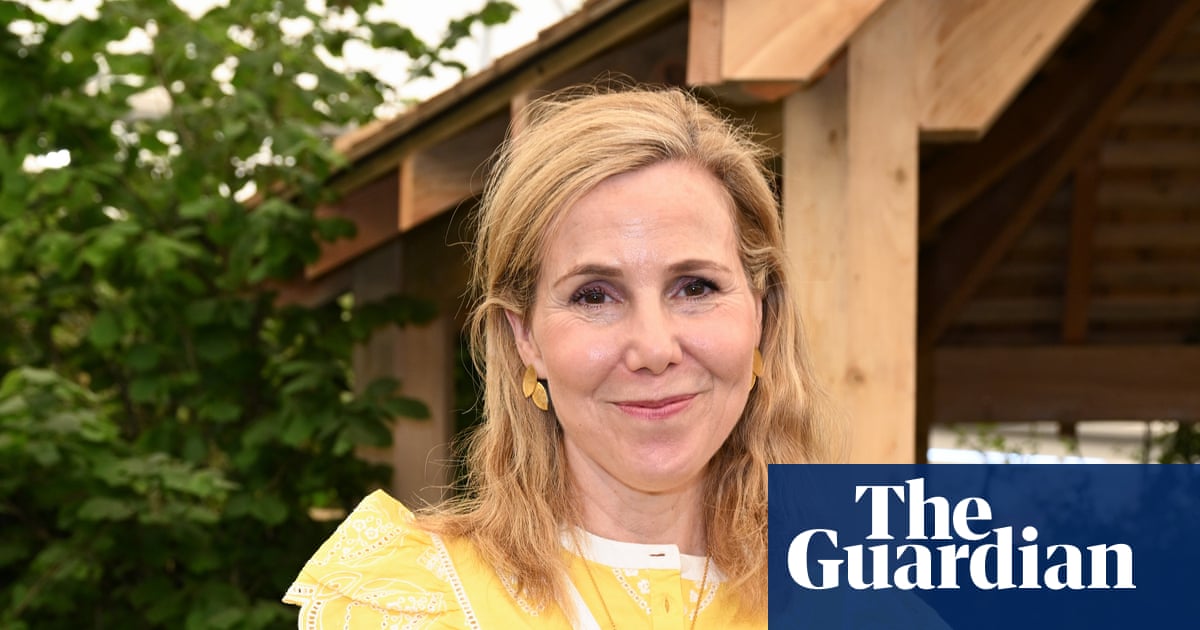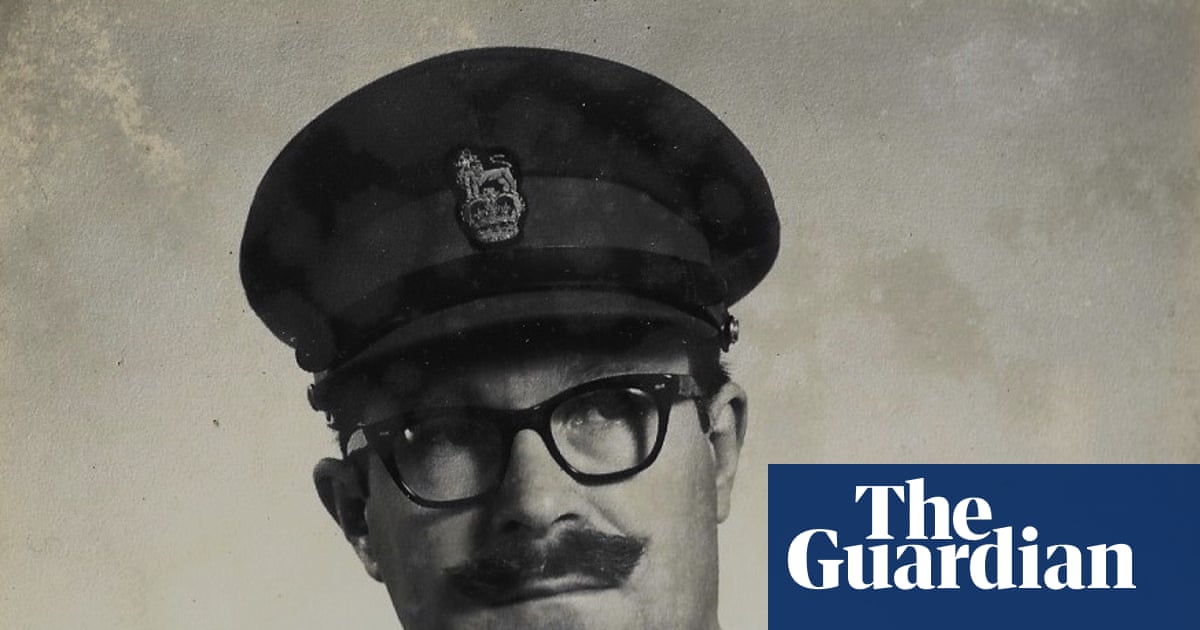Dickie Bird, who has died aged 92, was one of the most beloved, proficient and eccentric sporting figures of his generation. That an overwrought cricket umpire would become one of the most instantly identifiable figures in the country might seem unlikely, but his popularity extended far beyond the game to which he dedicated his life.
Bird was part respected cricket umpire, part music-hall comedian. His life became a perpetual run of gently embellished anecdotes, all of which cast him as the unfortunate fall guy struggling to cope with the challenges of the world. He would tell them with relish, looking round with mock unease that somebody might be listening. The more people who heard him the better: he generally liked an audience.
“The only time I ever feel in control is when I cross that white line,” Bird said. For more than 20 years, he was regarded as the finest umpire in the world, an accolade that, as his career progressed, he earned as much from the pleasure he brought as from the accuracy of his decisions.
He reached prominence at exactly the right time. Two years after he stood in his first Test in 1973 came the first World Cup final, and entertainers – even if they were just umpires with a stooping gait and an angsty disposition – were highly valued. By the time he stood in his farewell Test in 1996 it was a more serious age: technology had taken hold, television umpires had been installed and every decision came under the utmost scrutiny. There was less patience for a funny little man with a flat cap, a range of mannerisms and a sense of theatre.
Players respected him because of his instinctive fairness, his unabashed pleasure in their performance and because he offered light relief during the cricket treadmill. It is hard to imagine an international fast bowler today handing over a sweater to an umpire with a rubber snake hidden inside it, as the Australian Dennis Lillee once did; or a modern-day version of the time Alan Lamb “accidentally” brought his mobile phone out to the middle while playing for England and gave it to Bird for safe keeping, leaving Ian Botham to complete the gag by ringing it from the dressing room.
In his native Yorkshire, cricket followers protected him fiercely, as they might protect a vulnerable child, even if they would curse him when he turned down yet another lbw decision or barrack him when he fussed over a lengthy stoppage for the weather. The public valued the quirky ways that brought colour to the dullest day. What they sensed was an essential humanity.
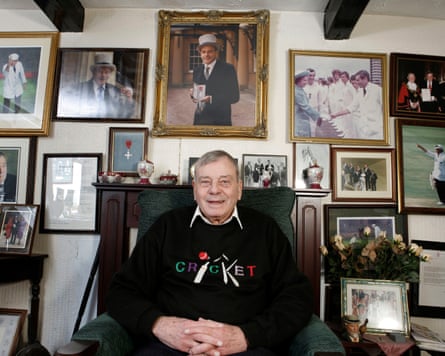
There was no side to him, no hidden agenda. His umpiring was scrupulously fair, even if he needed the help of his colleagues to get him through the most agitated days. Rain and bad light seemed to haunt him, never more so than in the 1980 Centenary Test between England and Australia at Lord’s, when 10 hours were lost to rain in the first three days and he was moved to tears by the abuse he received.
The establishment was grateful for his loyalty – he was no rebel, cried tears of joy when appointed MBE in 1986 and was a frequent visitor to Buckingham Palace – although Sir Gubby Allen, a massively influential figure at Lord’s, spoke for many of a conservative mindset when he remarked: “He’s a damn fine umpire but I must have a word with him about all this fussing around.”
That fussing around was the source of a fund of stories that grew longer by the year. He was so worried about being late, for example, that he would invariably arrive hours ahead of time – he once had to scale a wall at Lord’s after arriving so early that the ground was still locked. In 1984, confused about the regulations during an early-season Benson and Hedges Cup tie between Scotland and Yorkshire at Perth, he called two tea intervals. Whether it was bomb scares or pitch invasions, reflecting greenhouses or errant pigeons, they all conspired to trouble him.
During Michael Atherton’s England captaincy, having fumbled his pocket-full of marbles that he used to count the deliveries, his cry that he had “lost his marbles” brought general merriment.
Born in Barnsley, South Yorkshire, he grew up in a two-up, two-down terrace house, where he was known as Dennis, and was educated at Raley secondary modern in the town. His father, Harold, was a miner and died when he was young; his loyalty to his mother, Ethel, was unstinting. His sister, Sylvia, died from a brain haemorrhage when she was 41.
Michael Parkinson, who along with Geoffrey Boycott was a teammate of Bird’s at Barnsley Cricket Club, remembered his “geriatric stoop”, even as a 13-year-old making his way. He played 14 first-class games for Yorkshire, but at a time when the county was very powerful. After his only hundred for Yorkshire – a somewhat fortunate 181 not out against Glamorgan at Bradford Park Avenue in 1959 – he was immediately dropped when senior batsmen returned from England duty.
He joined Leicestershire, but made only one more hundred – and when he retired at 32, his 93 first-class games had brought an average of only 20.71. Even so, his gift for embellishment was apparent when, upon his retirement from umpiring in 1998, he told the Cricketer magazine that technically he was a better batsman than Boycott – and only his nerves had let him down.
A chance drink with the former Middlesex bowler John Warr was enough to persuade him to become a county umpire in 1970. Three years later, he was on the international list. In all, he officiated in 66 Tests and 69 one-day internationals, a record at the time. His final first-class game was at Headingley, between Yorkshire and Warwickshire in 1998.
He was an unapologetic not-outer when it came to lbws, refusing them unless they were absolutely certain, shaking away the appeal with an air of mild panic. It is all the more remarkable, therefore, that he was alongside Steve Bucknor in a Test between West Indies and Pakistan in 1993 when the lbw tally reached a world record 17.
On his retirement, Dickie Bird, My Autobiography (1997) became the biggest selling sports memoir of all time in the UK. A statue was erected to him in Barnsley town centre, near where he was born, and had to be made higher because of the pranks that left an assortment of dubious items hanging from his upraised index finger.
He became a regular fixture at Headingley, recovered from a bad stroke in 2009 and was a president-cum-lucky-mascot as Yorkshire won back-to-back championships in 2014 and 2015, a stint he enjoyed so much that he donated a six-figure fee to Yorkshire towards a players’ balcony. The Dickie Bird Foundation supports promising Yorkshire cricketers as well as teenagers with sporting potential from poorer backgrounds.
As ever, he was feted when he attended the Headingley Test against India this summer, and well enough to undergo what Yorkshire lovingly termed “his usual lap of honour” around Scarborough during a county match last month. In a county often given to rancour, his good nature was treasured.
White Rose Cottage, his home in Staincross, where he lived for most of his life, was a temple to the game, with cricket photos and memorabilia contesting every inch of space. He lived on pub lunches.
He never married, nor looked likely to. His Methodist upbringing and old-style morality meant that he rarely discussed such matters, but he claimed to have come close once or twice. “I’ve been married to cricket,” he would say.
“Cricket is my wife.” She won his unceasing affection from the first time he met her.

 3 months ago
102
3 months ago
102



